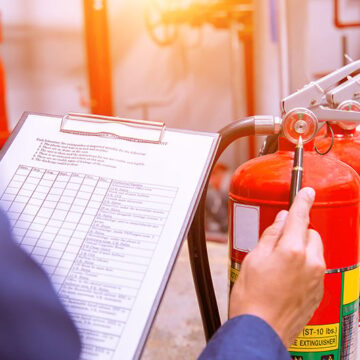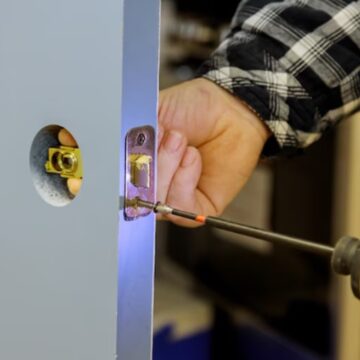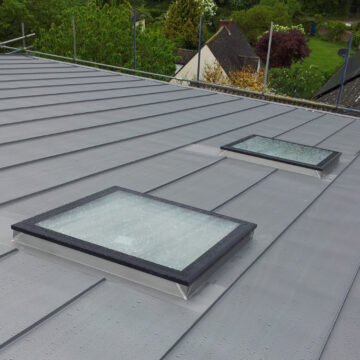Have individuals ever been frustrated by a slowly draining sink or a shower that backs up? Clogged drains are not only bothersome but can also result in undesirable odors and even potential plumbing crises. Fortunately, a modest amount of proactive endeavor empowers individuals to say goodbye to such clogs and sustain the seamless flow of their drains. Within this blog, an exploration unfolds regarding some of the foremost approaches to maintaining drain cleaning of people’s houses and thwarting blockages.
Using a Drain Strainer
One of the simplest ways to prevent clogs is by using a drain strainer in the sinks, showers, and tubs. These inexpensive devices catch hair, soap residue, food particles, and other debris before they have a chance to go down the drain. Regularly one should empty the strainer’s contents into the trash, and they will be amazed at how much gunk one prevents from causing future clogs.
Regular Hot Water Flush
Boiling water can be people’s best friend regarding drain cleaning. Once a week, one should pour a kettle of boiling water down each of their drains to help dissolve accumulated grease and soap scum. This simple and eco-friendly method can go a long way in preventing build-up and maintaining a clear pathway for water to flow.
Baking Soda and Vinegar Solution
A classic home remedy for drain maintenance involves using baking soda and vinegar. It can be done by pouring a cup of baking soda down the drain, followed by a cup of white vinegar. The fizzing action will help break down debris and dislodge minor clogs. One must let the mixture sit for about 15 minutes, then flush with hot water.
Enzyme-Based Drain Cleaners
Unlike harsh chemical drain cleaners, enzyme-based cleaners are a more environmentally friendly option for maintaining clean drains. These cleaners contain bacteria and enzymes that naturally break down organic matter in pipes, reducing the likelihood of clogs. Regular use can prevent build-up over time.
Avoid Grease and Food Waste
The kitchen sink can quickly become a clog-prone area if one is not careful about what goes down the drain. Pouring grease, oils, and fatty substances down the sink should be avoided, as they can solidify and create blockages. Also, one should use a paper towel to wipe excess food off plates before rinsing them in the sink to minimize food particles going down the drain.
Professional Maintenance
While regular DIY maintenance can go a long way, it’s still recommended to have the drains professionally cleaned on occasion. A professional plumber can use specialized tools and techniques to thoroughly clean the pipes, removing even stubborn build-up that might be lurking deep within the plumbing system.
Conclusion
Drain cleaning shouldn’t feel overwhelming. By implementing straightforward preventive actions and occasionally seeking professional maintenance, one can guarantee unobstructed drains and seamless water flow. t is worth remembering that prevention is vital when it comes to plumbing maintenance, and a little effort now can save one from dealing with major plumbing issues down the line. Allocating a small amount of time and energy will grant people the satisfaction of a home free from clogs and the associated peace of mind.
Among Newark plumbing companies, we stand out for our commitment to excellence. With years of experience and a dedication to customer satisfaction, we are your trusted plumbing partner.
















